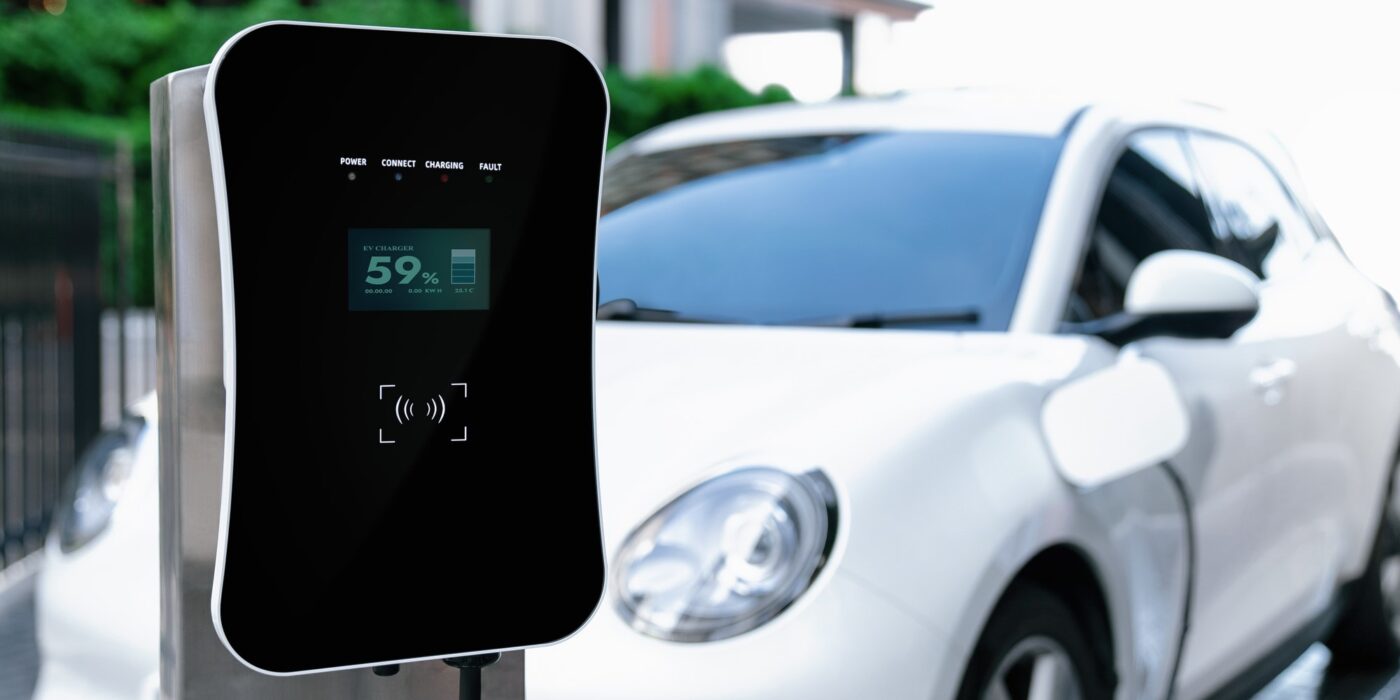Home EV Charging Made Simple (But Do Hire an Electrician)
Level 2 is fine for home EV charging
All electric vehicles, except Teslas, use public and private L-2 chargers via a J1772 connector, also known as the J-plug. (Tesla vehicles come with the adapter that lets you use the J-plug.) An L-2 charger will typically take about 4-10 hours to fully charge an EV. For home EV charging, that usually works.
“Eighty percent of EV charging is done at home anyway, and they charge overnight,” Myers added. “The average mileage that an EV driver drives is around 30 miles a day. People really don’t need to go in and do a super-quick fill up at home.… You don’t run your cell phone until it’s completely empty and then run to go charge again. You use it during the day, and at night you plug it in and then it charges. That’s really how EVs are run. So we kind of have to get into that mentality [with our cars].”
Public DC fast chargers
Even so, sometimes we need a quick charge to get us home. “Where these [DC] fast chargers come in is along major highways, because that’s where you do need it if you’re traveling from here to here: to provide that 15-minute, half-hour stop,” Myers said. “You get some coffee or whatever, fill up and then be on your way.”
FYI: there are three types of DC fast chargers: CHAdeMO, CCS, and Tesla. Again, you’ll find these DCFC stations in public, but not for home EV charging.
- CHAdeMO (the initialism for charge de move is pronounced CHAD-em-oh) has become the standard for manufacturers like Nissan and Mitsubishi.
- The more common CCS, or combined charging system, is an open-source standard. In the US, all newly manufactured passenger EVs (except Tesla) will use the CCS connector.
- Tesla vehicles utilize their own DC fast chargers, but vehicles come with adaptors for CCS.

